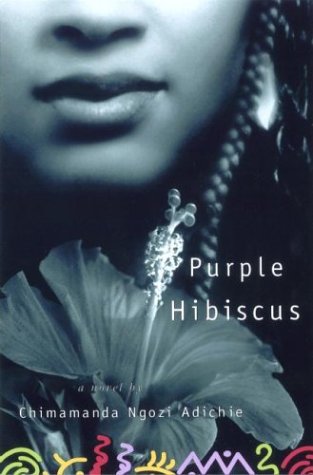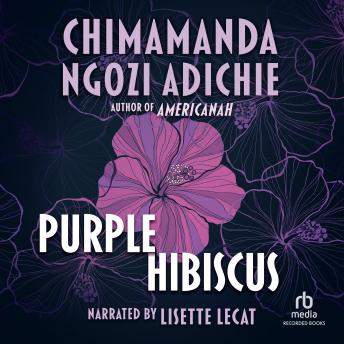

The personal stories of trust and betrayal become, in the third part of Adichie’s essay, a backdrop for a ferocious critique of social media and the nature of public debate.

Emezi responded that Adichie’s essay “was designed to incite hordes of transphobic nigerians to target me”.

She never names Emezi, but leaves no doubt that they are the second writer to whom she refers. But both, in her view, betrayed her friendship by targeting her on social media and spreading malicious falsehoods. She befriended both, she says, and helped them get published.

In It Is Obscene, Adichie criticises two writers who attended her creative writing workshops in Lagos. “I trust that there are other people who will pick up machetes to protect us from the harm transphobes like Adichie & Rowling seek to perpetuate,” Emezi tweeted in January. Among her fiercest critics was another Nigerian novelist, Akwaeke Emezi, who identifies as non-binary – neither male nor female. The interview, and her subsequent defence of JK Rowling’s views on trans rights as “ reasonable”, led to a backlash about her “ transphobia”. She added that “if you’ve lived in the world as a man with the privileges that the world accords to men and then change gender, it’s difficult for me to accept that then we can equate your experience with the experience of a woman who has lived from the beginning as a woman and who has not been accorded those privileges that men are”. In 2017, Adichie gave an interview on Channel 4 News in which she insisted that “when people talk about ‘Are trans women women?’, my feeling is trans women are trans women”. The essay is both a passionate defence of herself against her critics and a blistering polemical reflection on the state of public debate today. Last week, she published a three-part essay entitled It Is Obscene, which went viral, picked up by newspapers across the world. In a world of contested identities, this has inevitably drawn her into a number of controversies, most notably with trans activists. Much of Adichie’s work wrestles with questions of identity in a globalised world and, in particular, what it means to be black and to be a woman. She has also become a fierce protagonist in debates over racism, feminism and free speech. Through a series of beautifully observed novels that deftly map the fractures of the contemporary world – Purple Hibiscus, Half of a Yellow Sun and Americanah – Adichie has become one of the most eloquent voices of anglophone Africa. Each post scraped off yet one more scale of self until she felt naked and false.” So wrote Chimamanda Ngozi Adichie about Ifemelu, the central character in her 2013 novel Americanah. ‘T he more she wrote, the less sure she became.


 0 kommentar(er)
0 kommentar(er)
